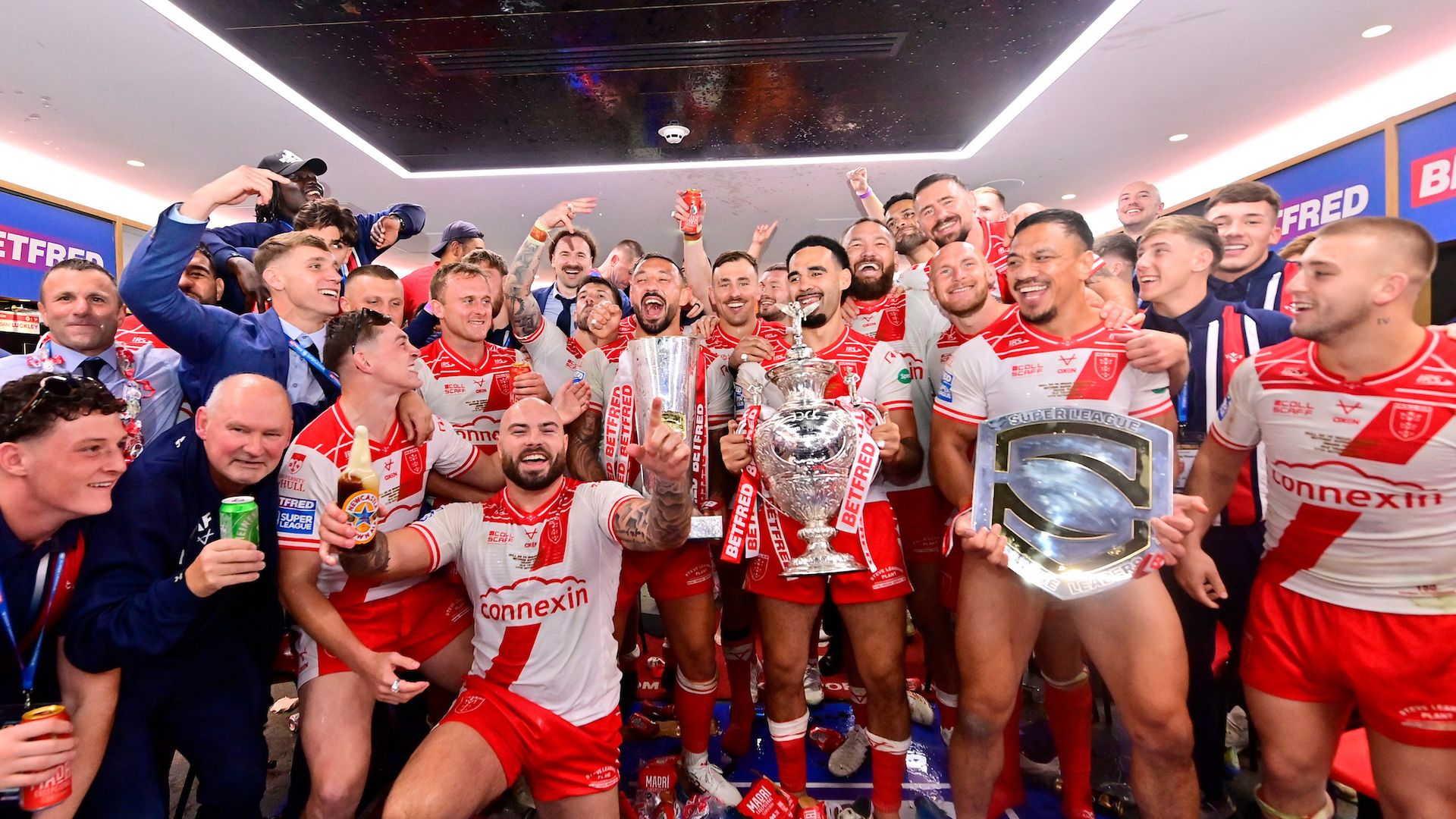The return of the Betfred World Club Challenge with Hull KR hosting the Brisbane Broncos is a bitter reminder of a sport divided by class, legacy, and ambition in the ruthless arena of global rugby league.
The Betfred World Club Challenge, a prestigious annual rugby league competition, is set to make its much-anticipated return in 2026—an event that many fans and experts believe is long overdue. Hull Kingston Rovers (Hull KR), a club with a storied history in English rugby league, has been awarded the honor of hosting NRL Premiers Brisbane Broncos, one of the most successful teams in the Australian National Rugby League (NRL). The announcement has ignited discussions surrounding the significance of this clash, as well as the broader implications for the rugby league landscape.
The World Club Challenge serves as a litmus test of sorts, pitting the champions of the Super League against the champions of the NRL. Though it has faced challenges in past years, leading to a one-year hiatus, the event’s revival signals a renewed focus on international competition within the sport. The match-up between Hull KR and Brisbane Broncos will draw significant attention, highlighting the ongoing struggle for supremacy between Northern Hemisphere and Southern Hemisphere rugby leagues.
Historically, the World Club Challenge has experienced its fair share of highs and lows. Initially launched in 1976, it was seen as an opportunity for clubs from different nations to compete on a global stage, showcasing the best talent in rugby league. This competition has seen various formats and has undergone numerous iterations, with fluctuating participation from clubs due to scheduling conflicts and differing priorities. The challenge has sometimes been criticized for the disparity in standards between the leagues, which has led to lop-sided results in favor of the NRL teams in many instances.
However, this year brings a different narrative. Hull KR, a club with a passionate fan base and a rich legacy, has shown resilience and a commitment to growth in recent years. Their ability to secure the hosting rights for the World Club Challenge demonstrates their ambition to compete at the highest level. Known for their distinctive red and white colors, Hull KR has been a pivotal player in the Super League. Emerging from the shadows of their city rivals, Hull FC, they have carved out their own unique identity within the sport. The club’s resurgence in the latter part of the 2010s and early 2020s has revitalized interest and support.
On the other hand, the Brisbane Broncos, a franchise of substantial repute, represent the apex of rugby league in Australia. Their rich history, which includes multiple premierships and a strong following, positions them as formidable opponents. The Broncos have been the pioneers of the NRL, consistently attracting top talent and retaining legendary figures. Their reputation for excellence is undisputed, and this clash against Hull KR will be a significant test of their capabilities on foreign soil.
The implications of this match stretch beyond the pitch. It raises questions about the evolution of rugby league as a global sport. Many have argued that for rugby league to grow and thrive, more opportunities for international competitions must be created. The World Club Challenge aims to bridge the gap between the two hemispheres, showcasing the talents of both leagues and providing a platform for players to demonstrate their skills on an international stage.
Concurrently, the match presents an opportunity for Hull KR to leverage this high-profile event for commercial development. Securing a marquee opposition like the Brisbane Broncos will undoubtedly drive ticket sales, boost merchandise revenue, and enhance the club’s visibility in markets that may not be as familiar with Super League’s offerings. It is an opportunity for Hull KR to present itself as a serious contender in rugby league, potentially attracting new sponsors and partnerships.
Moreover, the return of the World Club Challenge draws attention to the ongoing investment in rugby league infrastructure across both the UK and Australia. In the UK, a focus on developing grassroots programs and modernizing stadium facilities has been paramount, while in Australia, the NRL continues to invest in improving player welfare and the overall quality of competition. The match between Hull KR and the Brisbane Broncos is a testament to the evolving nature of the sport, where collaboration and competition can coexist, driving the game forward.
The global context of rugby league cannot be overlooked. Recent years have seen rugby league expand its footprint into new territories, with attempts to grow the sport in North America, Europe, and the Pacific Islands. The World Club Challenge serves as a vehicle to showcase the sport’s appeal to new audiences. The success of this event could have ramifications beyond just the immediate competition; it could pave the way for more international fixtures and a broader acceptance of rugby league’s global nature.
As the 2026 World Club Challenge approaches, both Hull KR and the Brisbane Broncos will be preparing for a contest that will not just define their seasons, but also potentially shape the future of rugby league. The stakes are high, with pride on the line as each club strives to prove its worth on an international stage. This match is more than just a game; it is a battle for legitimacy, an assertion of identity, and a celebration of the sport’s diversity and richness. The world will be watching, and the implications of this clash will resonate well beyond the final whistle.

